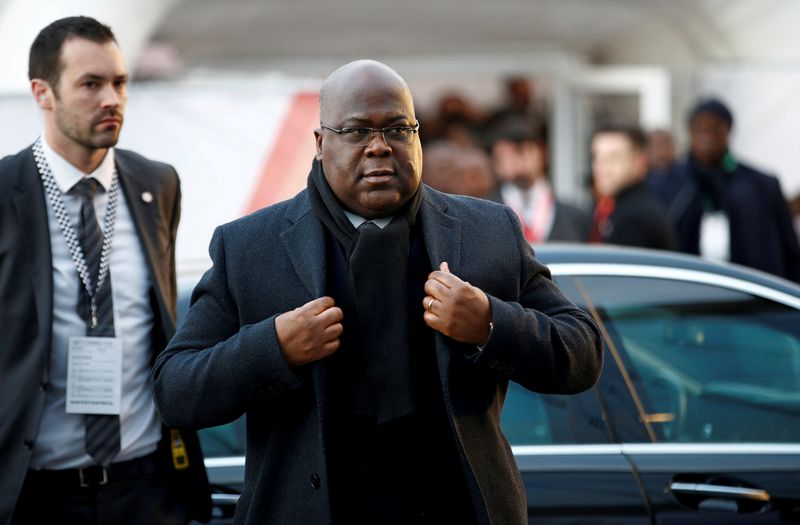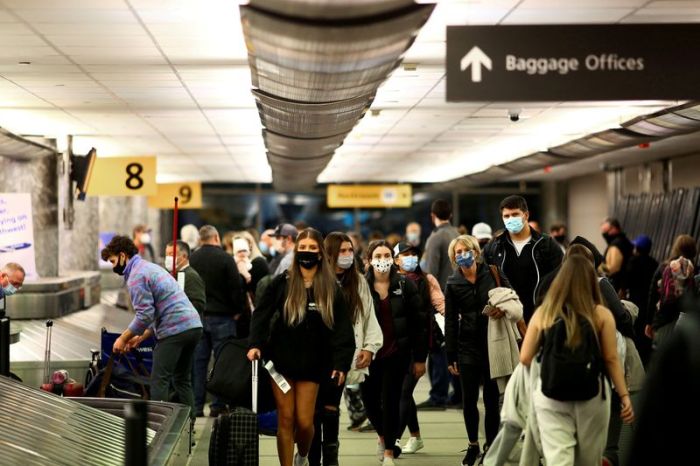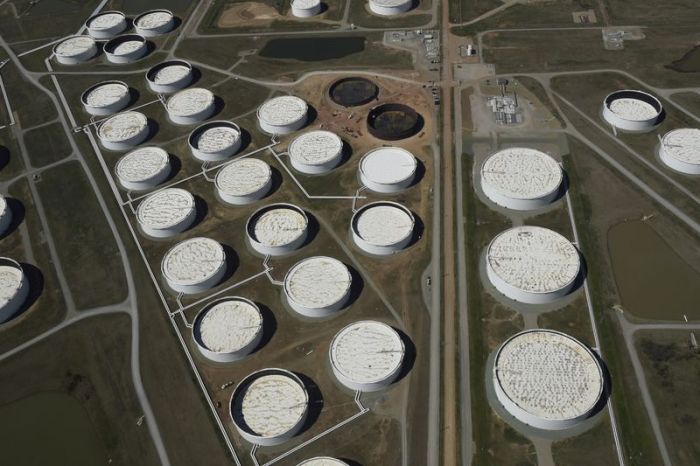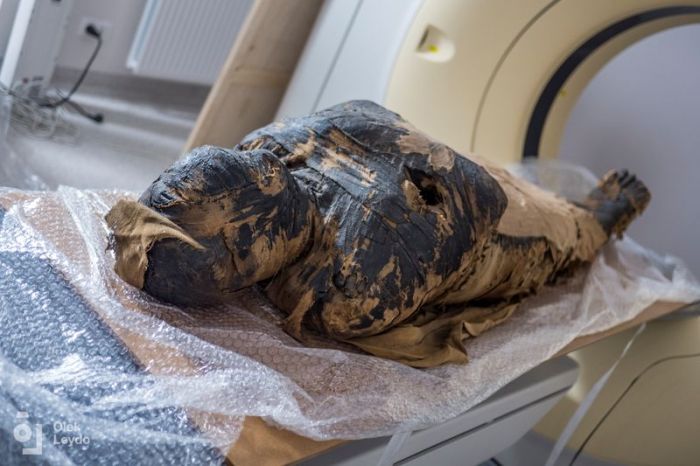BENI, Democratic Republic of Congo (Reuters) -Militants killed at least 19 people, including 10 soldiers, in raids on two villages in the east of Democratic Republic of Congo on Saturday, hours after President Felix Tshisekedi declared a state of siege in two provinces.
A surge in attacks by armed militias and inter-communal violence in the east have killed more than 300 people since the start of the year as government troops and U.N. peacekeepers struggle to stabilize the situation.
The most recent attacks took place early on Saturday when militants raided two villages in North Kivu’s regional hub of Beni, local authorities said.
Later that day, one of Beni’s most influential imams was shot dead by unknown assailants inside Beni’s central mosque while delivering the evening prayer, according to local media reports. He had been known for preaching against Islamic militancy over a regional radio station.
Tshisekedi had declared a state of siege in North Kivu and Ituri provinces on Friday.
“The objective is to swiftly end the insecurity which is killing our fellow citizens in that part of the country on a daily basis,” government spokesman Patrick Muyaya said.
He did not say what steps would be taken next under the state of siege.
On Friday armed police in Beni dispersed students who were staging an eight-day sit-in at the town hall to draw attention to the worsening security situation. Several students were wounded and others were arrested, according to a Reuters witness.
A Ugandan insurgent faction active in eastern Congo since the 1990s called the Allied Democratic Forces (ADF) is believed to be responsible for much of the recent bloodshed.
It has carried out a spate of reprisal attacks on civilians since the army began operations against it in late 2019, killing around 850 people last year, according to United Nations figures.
The violence has fuelled a humanitarian crisis with more than 1.6 million people displaced in Ituri out of a total population of 5.7 million people, UNICEF said in April. Some 2.8 million people there are in need of some form of emergency assistance, it said.
(Reporting by Erikas Mwisi Kambale; Additional reporting by Fiston Mahamba; Writing by Alessandra Prentice; Editing by Angus MacSwan and Daniel Wallis)





















